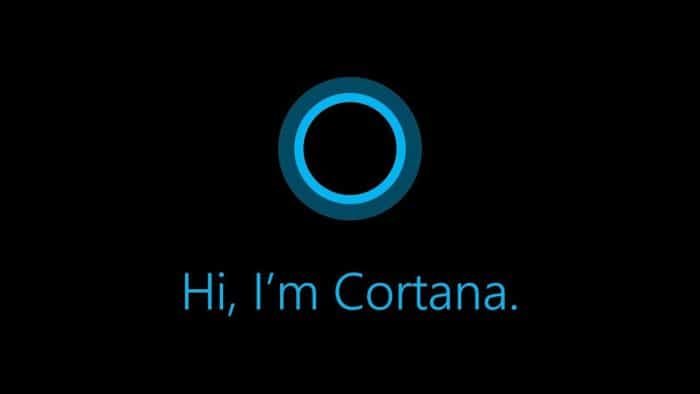In the dynamic landscape of digital assistants, Microsoft’s Cortana has transformed, which has intrigued users and enthusiasts. A recent update in the Release Preview Channel has turned off Cortana on Windows 10, following its discontinuation on Windows 11. This strategic move by Microsoft highlights the company’s commitment to its latest ventures, such as Windows Copilot, Microsoft 365 Copilot, Bing Chat, and more.
From Windows 10 to Windows 11: A Strategic Transition
With the discontinuation of Windows 10 Mobile, speculations were rife about Cortana’s fate. Contrary to expectations, Microsoft surprised the tech world by not pulling the plug on Cortana entirely. Instead, the company opted to open Cortana’s capabilities to third-party hardware, positioning Windows 10 to compete with Amazon Alexa. A significant leap was marked by introducing a conversational AI update for Cortana, further bolstering its potential as a digital assistant.
However, after substantial company-wide restructuring, Cortana’s evolution took an intriguing turn. The once-vibrant feature began to lose its prominence on Windows 10, with the last update in 2020. As Windows 11 took center stage, Cortana’s utility dwindled, leading to its eventual discontinuation.
The Shifting Landscape of Digital Assistants
Microsoft’s initial vision for Cortana as an ‘intelligent agent’ designed to manage work and personal tasks showcased the company’s ambitious goals. Yet, as the tech giant shifted its focus towards AI, it became evident that competing with heavyweights like Amazon Alexa and Siri in intelligent home capabilities presented challenges. This shift in perspective ultimately led to the demise of Cortana, as Microsoft sought a new direction.
A Farewell to Cortana on Windows 10
Windows 11’s sweeping update not only marked the end of an era for Cortana but also signaled its departure from Windows 10. Cortana version 4.2308.1005.0 ushered in the end of support for the app on Windows 10, a transition that Microsoft carefully orchestrated.
Upon launching the Cortana app, users were greeted with a notification announcing the app’s deprecation. Microsoft thoughtfully provided users with two options: close the app or click the ‘Learn more’ button to delve into the transition to Windows Copilot and AI. The ‘Learn more’ button redirected users to a comprehensive document titled “End of support for Cortana in Windows,” available on Microsoft’s official website.
Cortana’s Replacement and the Path Forward
As Windows 11 embraced AI across desktops, Microsoft 365, Edge, and its search engine, Cortana’s role became increasingly redundant. However, for Windows 10 users seeking an alternative, Microsoft’s offerings are focused on leveraging existing features rather than introducing new ones.
Microsoft’s support document emphasizes that Windows 10, alongside other versions, already possesses features that can effectively replace the role of a digital assistant. While some users may lament the loss of Cortana’s innovative capabilities, such as setting up reminders and creating notes, alternatives exist. For instance, Bing Copilot within Microsoft Edge allows users to open web pages, while Outlook’s AI integration powered by Microsoft 365 Copilot simplifies tasks like composing emails.
Remembering Cortana
For those who developed an affinity for Cortana, the retired assistant continues to play a role within other Microsoft services. Microsoft Teams, Microsoft Outlook, and related mobile applications still offer access to Cortana’s functionality. While Cortana’s presence may have faded from the Windows 10 and Windows 11 interface, its legacy lives on, offering productivity and convenience to users across various Microsoft platforms.
In conclusion, the evolution of Cortana from its heyday on Windows 10 to its eventual discontinuation on Windows 11 highlights the dynamic nature of technology and its constant pursuit of innovation. Microsoft’s strategic decisions reflect its determination to provide users with cutting-edge solutions, even as it bids farewell to a beloved digital companion.
